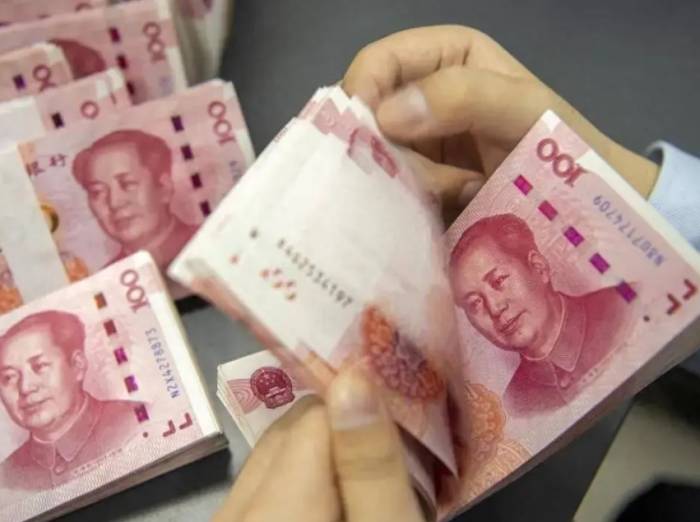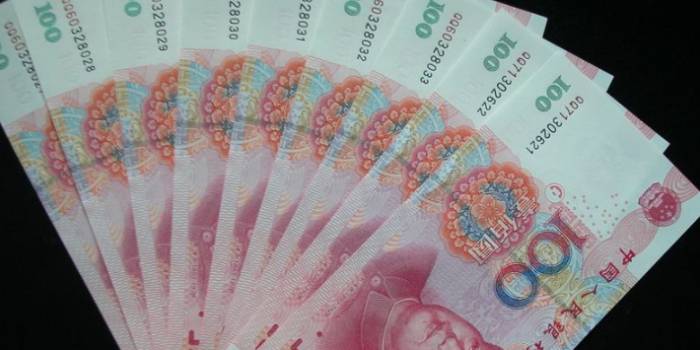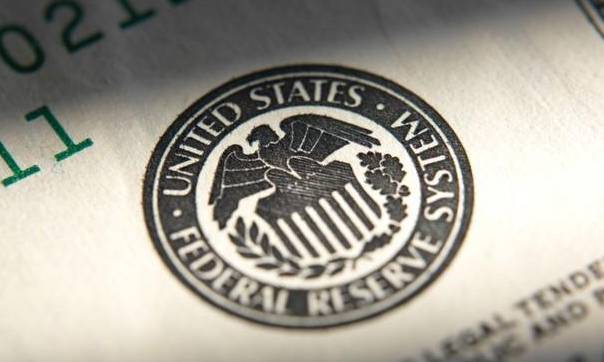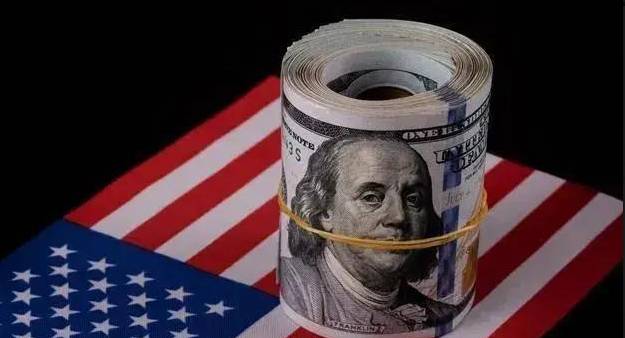The significant impact of the Federal Reserve's interest rate hikes on China's economy is not due to the hikes themselves, but rather because Chinese capital, in pursuit of greater profits, transfers funds to the United States.
In other words, if Chinese capital were not coveting the interest rates offered by the Federal Reserve, even if the Fed were to raise rates to 10,000%, the impact on China's economy would not be substantial.
Therefore, the main reason why life becomes more difficult for China after the Federal Reserve raises interest rates is that our capital moves money to the United States to earn the interest released by the Fed, leading to a lack of sufficient circulating currency in our market.
Of course, the lack of sufficient circulating currency in the Chinese market is not solely due to Chinese capital transferring large amounts of money to the United States to earn interest.
Looking at the exchange rate fluctuations between the yuan and the US dollar, as well as changes in our foreign exchange reserves, the amount of money flowing to the United States is not substantial. However, the tendency of Chinese capital to earn US dollar interest makes our central bank hesitant to inject liquidity into the market when there is a contraction in market liquidity.
From the logic of financial competition between the two sides, after the Federal Reserve lowers interest rates, the pressure on Chinese capital to flow to the United States decreases sharply, providing our central bank with ample room for monetary policy operations and allowing it to make corresponding adjustments based on China's economic conditions.
In theory, after the Federal Reserve lowers interest rates, our central bank can employ more flexible monetary policies to target and address issues within the Chinese market, thereby properly resolving the existing problems in our economy.In today's world, capital is the essential lifeblood for the development of any country; without the support of capital, the economic development of any nation would become considerably sluggish. A country that is rapidly developing, if capital were to suddenly depart, would experience a catastrophic collapse of its economy.
Although the Federal Reserve's attempt to siphon off capital from various countries has failed, it does not mean that the United States lacks the ability to continue draining capital from around the world. It is important to recognize that the valuation of the U.S. stock market stands at a staggering $52 trillion. Should domestic capital in the United States withdraw from the stock market, releasing this enormous reservoir of $52 trillion to attract global capital, do you think the world's capital would be tempted?
Do not doubt the allure of the U.S. stock market to global capital. Keep in mind that the companies listed in the United States are among the world's finest, and these companies annually provide substantial profit dividends to investors who purchase their stocks. Should domestic capital in the United States cede this large piece of the pie, international capital would undoubtedly rush in en masse.In the face of America's future, those big capitalists in the United States still love America, just like Warren Buffett. Although he has sold a large amount of stocks, he has purchased a significant amount of U.S. Treasury bonds.
Everyone must be aware of the current market for U.S. Treasury bonds, but Buffett still insists on buying them. This can only indicate one thing: Buffett loves America and does not want it to collapse.
Therefore, American capital can indeed save America. If they were to invest all the money from the stock market into U.S. Treasury bonds, the risk of American debt would be eliminated. Moreover, after they relinquish their share of the American stock market, global capital will inevitably flock into the U.S. stock market.






























Add your perspective